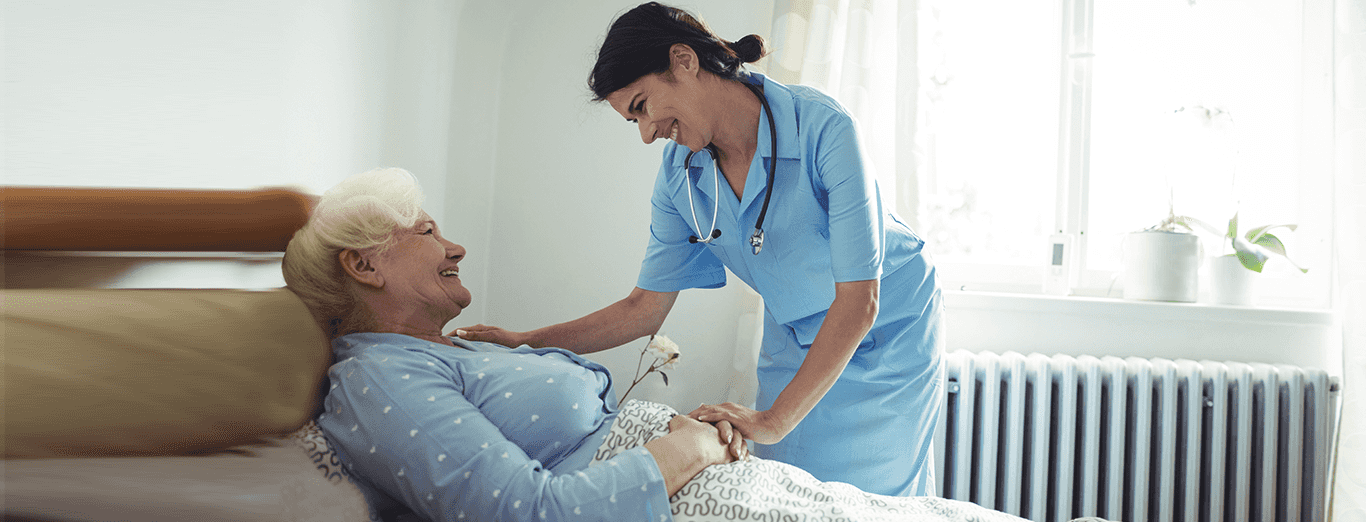
nursing care for obstructive sleep apnea
what is obstructive sleep apnea?
Obstructive sleep apnea is the most common form of sleep apnea and is a potentially serious obstructive sleep disorder that can lead to a myriad of health complications. Obstructive sleep apnea is characterised by repetitive shallowness of breath and even pausing of the breath during sleep. These episodes breath interruptions are called apneas and can last for 20 to 40 seconds at a time but, can occur several times during one sleep cycle. Loud snores are the most common symptom of Obstructive sleep apnea.
obstructive sleep apnea symptoms
The common symptoms and signs of Obstructive sleep apnea are as follows;
- Daytime sleepiness or hypersomnia
- Loud snores
- Persistent episodes of breath shallowness and pause during sleep
- Abruptly awakening with gasps and choking
- Dry mouth and sore throat
Morning headache- Difficulty paying attention
- Depression and irritability
- High blood pressure
- Night time sweating
- Decreased libido
what causes obstructive sleep apnea?
Obstructive sleep apnea in adults is the result of the throat muscles relaxing during sleep causing the soft tissue wall to collapse and block the airway leading to shallow breathing and even cessation of breathing for a short period of time which is broken by the brain when it notices the pause of breath. This period of apnea repeat themselves several times leading to disturbed sleep, fatigue even after a full night of sleep and other health complications.
Enlarged tonsils and adenoids are the chief cause behind Obstructive sleep apnea in children. The symptoms of Obstructive sleep apnea in children are usually mild and children usually grow out of Obstructive sleep apnea naturally.
obstructive sleep apnea complications
The varied health complications caused due to Obstructive sleep apnea are as follows;
- Daytime fatigue and sleepiness
- Cardiovascular disorders
- Eye problems
- Diabetes type 2
- High pressure
obstructive sleep apnea diagnosis
The diagnosis of Obstructive sleep apnea is done on the basis of a patient’s hereditary and tests namely;
- Polysomnography –
this tests monitor the pauses in breathing to make the diagnosis - Home oximetry – It is a non invasive technique of monitoring blood oxygenation
obstructive sleep apnea treatment
The Obstructive sleep apnea treatment involves several treatment options from making lifestyle changes to therapies, the use of medical equipment to aid breathing and finally surgery.
Lifestyle changes – People with Obstructive sleep apnea are often advised to make subtle lifestyle changes like quitting smoking and alcohol, daily practicing some exercises and losing weight.
Therapies
- Positive airway pressure – In this therapy a continuous positive airway pressure or CPAP device is used to reduce the episodes of apnea during sleep thereby, reducing daytime fatigue and sleepiness leading to a better quality of life. CPAP is the most common methodology
of treating Obstructive sleep apnea. Mouth piece or oral device –This device is used as an alternative to CPAP device and is used in the treatment of mild obstructive sleep apnea. An oral device helps in keeping the throat open by bringing the jaw forward thus, reducing the number of sleep apnea episodes. Oral devices can also help in reducing snoring in people with Obstructive sleep apnea syndrome.
Surgery
There are several types of obstructive sleep apnea surgery that help in alleviating Obstructive sleep apnea. The varied surgical procedures adopted for treating Obstructive sleep apnea are as follows;
- Surgical removal of tissue or Uvulopalatopharyngoplasty – In Uvulopalatopharyngoplasty or UPPP, the doctor removes tissue from the back of the mouth and top of the throat that blocks the air passage thereby eliminating Obstructive sleep apnea.
- Upper airway stimulation – This is a fairly new device and is used as an alternative to the CPAP device for people who are not able to adjust to the CPAP device. This device detects the person’s breathing pattern and provides nerve stimulation when needed. Upper airway stimulation has been found to be quite effective in the treatment of Obstructive sleep apnea.
- Jaw surgery or maxillomandibular advancement – In this surgery, the upper and lower jaws are moved a little forward from the other facial bones to enlarge the space behind the tongue thus enlarging the air pathway and reducing the risk of any obstruction.
- Surgical opening in the neck or tracheotomy -This surgery is given in severe Obstructive sleep apnea cases. A doctor makes an opening in the neck and inserts a metal or plastic tube through which a person has to breathe, thereby bypassing the blocked air pathway in the throat.
- Implants – In this treatment three tiny little polyester rods are inserted in the soft palate to stop them from collapsing thereby keeping the air passage clear and eliminating apnea episodes.
how can we help?
People suffering from mild Obstructive sleep apnea can easily seek treatment at home through our at-home healthcare services, wherein a qualified doctor would visit you at a day and time of your convenience. Besides people having undergone Obstructive sleep apnea surgery also need postoperative care, which can also be availed through us, as we have a qualified group of health professionals who are experts in the various medical fields and are equipped to provide a wide range of care services at a patient’s home.
Also Know About:
References
Doctor Consultation
Nursing
Physiotherapy
Trained Attendant
Elder Care
Mother & Baby Care
Lab Tests
Medical Equipment
Speciality Pharma
Critical Care






